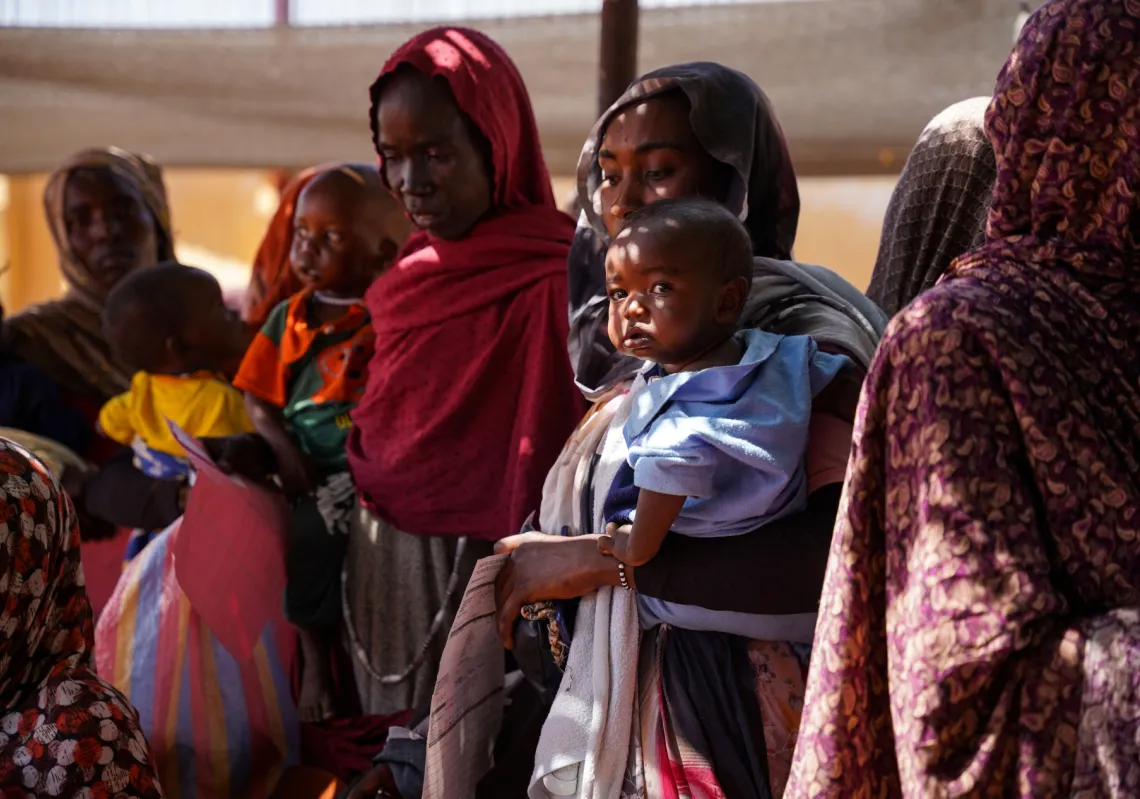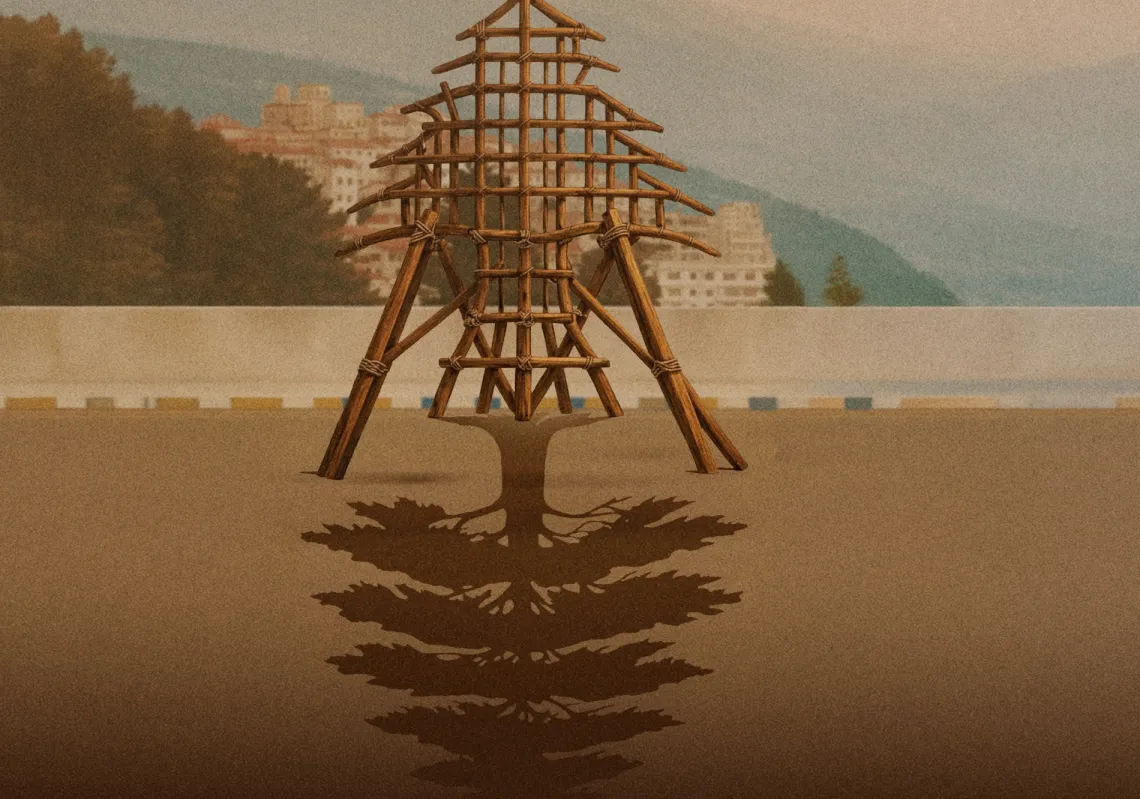The Majalla: What are the most serious challenges Yemen face and will face in the future?
There are long and short-term problems. In the long term, I think the economy is really the most important problem that has to be courageously tackled; secondly, the question of population growth is alarmingly high and is leading to very high unemployment; thirdly, Yemen is a very poor country in water resources; fourthly, the quality of education has to be significantly improved if Yemen is to meet the challenges of the 21 century.
The most pressing short-term problems relate to questions surrounding political revolution, security, and conflict – whether in the north or in the south. These are today’s problems, which affect the solutions to the long-term problems I’ve already mentioned. Handling these short-term problems in a fair, just and egalitarian way is critical to create the basis for handling the long-term problems Yemen face and will face.
The Majalla: You are a presidential advisor. What have you advised President Saleh to do to solve the grave economic, political, and social issues facing your country?
We know what we have to do. But it is the government that must take action. I’ll give you some examples. The question of population growth is not about birth control, but about organizing family planning; it’s not to restrict families from reproducing, but to sensitize them to the fact that three children are more easy to manage than ten. It’s the same thing with water. We know there is a wasteful use of water in Yemen. Traditional irrigation is wasteful, but changing this requires resources for implementing a modern irrigation system. Yemen lacks these resources. Regulating underground water is also necessary. Presently, it’s a free for all and I openly say this should not be the case.
The Majalla: But you haven’t mentioned the most pressing economic and political issues.
With regard to the economy, I think petroleum products subsidies –particularly gasoil- are really draining the economy. I’m probably still disliked for being the man who took severe actions to remove these subsidies, but I’m still on the same line on that policy. Subsidies today are really bleeding the economy. According to the prime minister, the subsidies to gasoil exceed $2 billion a year, which is a considerable figure for a country like Yemen, where per capita income is less than $900 a year. $2billion for Yemen is like $200 billion to the United States. This is why the president has drafted an action program for the next 18 months. The first step in removing the burden of subsidies is to completely convert power stations into gas. This will reduce the burden of subsidies in 50 percent. Even though this means addressing and implementing unpopular measures, it has to be done sooner rather than later.
The Majalla: Yemen is fighting a Houthi insurrection in the north and separatist rebels in the south. The government has been accused of being heavy-handed facing its rebellions. Do you agree?
(After a long breath) It takes two to tango. If they tone it down, we can do the same.
The Majalla: Isn’t President Ali Abdullah Saleh just trying to reassert his power?
President Saleh has been president for 30 something years. He doesn’t need to.
The Majalla: Cooptation has been proven to be at least be as effective as military action, as we clearly saw in Iraq with U.S. forces. Has Yemen done enough on this front?
Regarding the rebellion, I think the foreign component of the Houthi up rise is becoming more and more critical. There is no doubt that there has been injustice in dealing with the so-called Zaydis, especially regarding the attitude of certain extremist Islamic movements that do not recognize them or consider them heretic. That should have been handled more carefully and should have been subdued very early, before the problem had grown. That was probably a mistake, but the problem now is that they are in the hands of foreign elements that manipulate them for their own political and strategic interests. This makes it very difficult for the government to get rid of them.
The Majalla: Under what terms would you negotiate with the Houthis? What would you offer in return?
I would offer them free practice of their faith and help to teach the various aspects of their faith (provided they don’t promote a return to monarchy). I would also offer political incentives, a political party, and maybe schools; not more autonomy, but more freedom and education, more liberty in voicing their ideology.
Wars always end with negotiations. No war has ever ended without the parties sitting around a table. The Houthis have been offered the opportunity of becoming a political party, of having their own newspaper, of participating in freedom of expression, and in the process of democratization taking place Yemen. Unfortunately they haven’t responded positively to these offerings. With regards to the south, the problem is far more related to the economy and high rates of unemployment than to the antiunity movement. It will take time. Today I think unemployment is a great factor in the unrest in the south. And of course there were mistakes by several governments, maybe even my own. I don’t deny it.
The Majalla: The foreign element you are referring to is Iran. But you can’t seriously blame everything on Iranian influence. There must be a local element.
I think the entire country and political decision system must take a serious look into how this could be ended, i.e., how we could end the bloodshed. And even though I agree with you that we can’t just blame foreign elements alone and that we have to be more forthcoming, the other side, those people, they too must liberate themselves from their external influence. Those two issues should come together.
The Majalla: What about other foreign influence, that is, the friendly Arab one coming to help Yemen?
The political crisis is draining the economy; there is no question about it. It is certainly accentuating the problems the economy of Yemen is facing. The economy should depend on foreign direct investment and Yemen has a great potential for tourism. At the same time our neighbors should open their doors to employ more Yemenis. That is critical to Yemen’s future and stability.
The Majalla: What kind of role is Saudi Arabia playing?
A positive role, once we solved our boundary problem.
The Majlla: Saudi Arabia and the United States fear Al Qaida is regrouping in Yemen. Is this true?
No question about it, particularly in the south. Whenever they find a soft spot, they go there.
Interview Conducted by Andres Cala - Madrid-based freelance journalist and political scientist specialising in Middle Eastern and European policy, as well as global energy issues.







